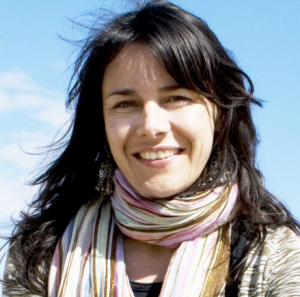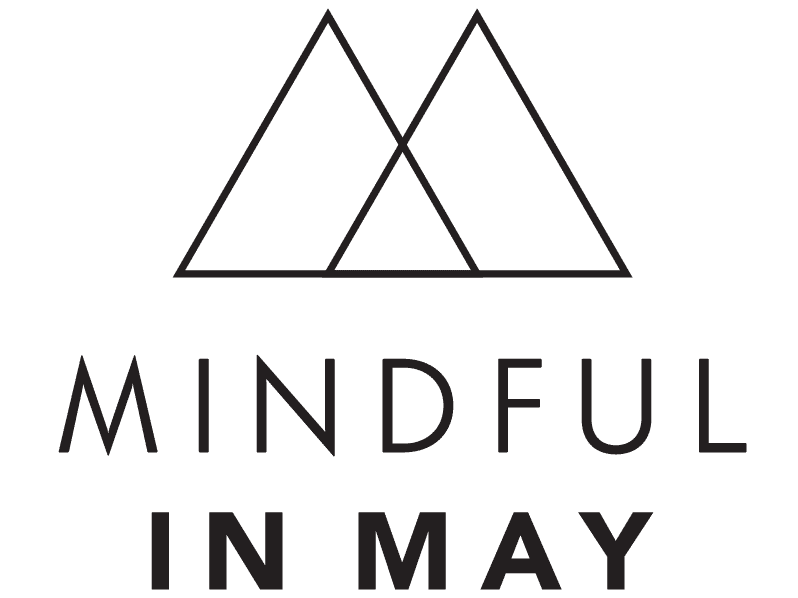Interview: Marianne Elliott, Human Rights Advocate
 Marianne Elliott is a writer, human rights advocate, and yoga teacher. Trained as a lawyer, Marianne helped develop human rights strategies for the governments of New Zealand and Timor-Leste, worked as Policy Advisor for Oxfam, a non-profit international development agency and spent two years working in the Gaza Strip prior to her time in Afghanistan, where she served in the United Nations mission with a focus on human rights and gender issues. Her book, Zen Under Fire tells the story of her work in Afghanistan, including the importance of yoga and meditation for her professional effectiveness and personal well-being. Marianne writes and teaches on creating, developing and sustaining real change in personal life, work, and the world. She lives in a converted church above the zoo in Wellington, New Zealand, where she is woken by roaring lions and singing monkeys.
Marianne Elliott is a writer, human rights advocate, and yoga teacher. Trained as a lawyer, Marianne helped develop human rights strategies for the governments of New Zealand and Timor-Leste, worked as Policy Advisor for Oxfam, a non-profit international development agency and spent two years working in the Gaza Strip prior to her time in Afghanistan, where she served in the United Nations mission with a focus on human rights and gender issues. Her book, Zen Under Fire tells the story of her work in Afghanistan, including the importance of yoga and meditation for her professional effectiveness and personal well-being. Marianne writes and teaches on creating, developing and sustaining real change in personal life, work, and the world. She lives in a converted church above the zoo in Wellington, New Zealand, where she is woken by roaring lions and singing monkeys.
In this interview, Marianne Elliott shares her perspectives on meditation and its relationship to resilience, creativity, and compassion.
Join her Mindful in May meditation team HERE
1. What led you to meditation?
I was living and working in Afghanistan and suffering from stress, anxiety and depression. I didn’t want to give up the work I loved, so I decided to give meditation a try. After my first 21 days of a daily meditation practice, I knew I was onto something big. Meditation was changing my relationship with my own thoughts, and helping me find ways to remain open-hearted without being overwhelmed by the suffering around me.
2. What value has practising meditation brought to your life?
It has helped me see that my true nature is compassionate, grounded, courageous and curious – and has given me the ability to return to that ‘home base’ when I find myself drifting away from it.
Maybe the most powerful insight my meditation has given me is that I don’t have to ‘make myself’ more compassionate, or calmer. I don’t have to fix myself.
Instead I can find my way back to the compassionate, grounded centre that already exists at the core of me. Somehow, seeing it that way transformed things for me – life was no longer about ‘improving’ myself, but rather about accepting myself and coming back to who I already was.
3. How has meditation supported you in your professional life?
My work relies more than anything else on my ability to listen well, to pay careful attention to the person right in front of me. That person could be a victim of human rights violations or a politician or business person who has the power to make decisions that will improve the protection of human rights for others. In order to be able to serve others, I need to be able to listen. Meditation has helped me cultivate my own capacity to listen well. It requires being present, paying attention, and being open to what other people feel – also known as empathy!
Meditation has also helped me cultivate a greater ability to focus, being able to bring my attention back – over and over again – to the person, task or issue I want to focus on at any given time. This is an essential skill in most professional settings, and it has certainly helped me in my work – especially as potential distractions increase daily (hello Twitter and Facebook friends!).
4. What are the biggest obstacles to your practice?
5. What is a quote that most inspires you and why?
I’m inspired by so many books! Certainly all of Pema Chodron’s books – and at the beginning of my meditation practice The Places That Scare Us in particular. I also love Sharon Salzberg and Susan Piver’s teachings on meditation and on life generally.
6. What Mindful Music do you listen to (ie. music that grabs your full attention and brings you into the moment.)
I’m a chanter.
If you had told me five years ago that I would say that, I wouldn’t have believed you! But the first time I tried chanting I felt immediately transported – into the present moment. I call chanting my ‘shortcut to meditation’ because it helps me get out of the really sticky thought patterns and into my body and breath so beautifully. I love to listen to and join in with chanting like Snatam Kaur and Deva Premal.
7. Why are you going to be Mindful in May?
Because a daily meditation practice makes a noticeable difference to my life and yet I still struggle to be consistent. This gives me a reason, and a community, to be consistent. I also honestly think that everyone on the planet did a little bit of meditation every day, we’d live in a very different world. So any opportunity to share my passion for meditation and encourage others to give it a try is something I want to support!
Want to join Marianne Elliott in the Mindful In May community? Click here to find out more and join us!

"If we wish to be healthy, happy and clear-minded, we need to upgrade our “inner technology”of attention to meet the demands of our increasingly complex world. That's where mindfulness comes in.."
- DR ELISE BIALYLEW
about the HOST AND FOUNDER OF
MINDFUL IN MAY:
DR ELISE BIALYLEW
Elise Bialylew is the author of the bestselling book, The Happiness Plan, and founder of Mindful in May, the world’s largest online global mindfulness fundraising campaign.
A doctor trained in psychiatry, turned social entrepreneur and mindfulness expert, she’s passionate about supporting individuals and organisations to develop inner tools for greater wellbeing and flourishing, and offers workshops and training at The Mind Life Project.
Her work has been featured in the Huffington Post, New York Times and on Australian Television. She was recently recognised by the Australian Financial Review as a 2019 AFR Women of Influence.
Keep in touch with us
Sign up to access additional resources, mindfulness tips and to find out about upcoming events.
When you submit your email you are opting-in for our emails and relevant upcoming updates from Elise. You can unsubscribe any time.

